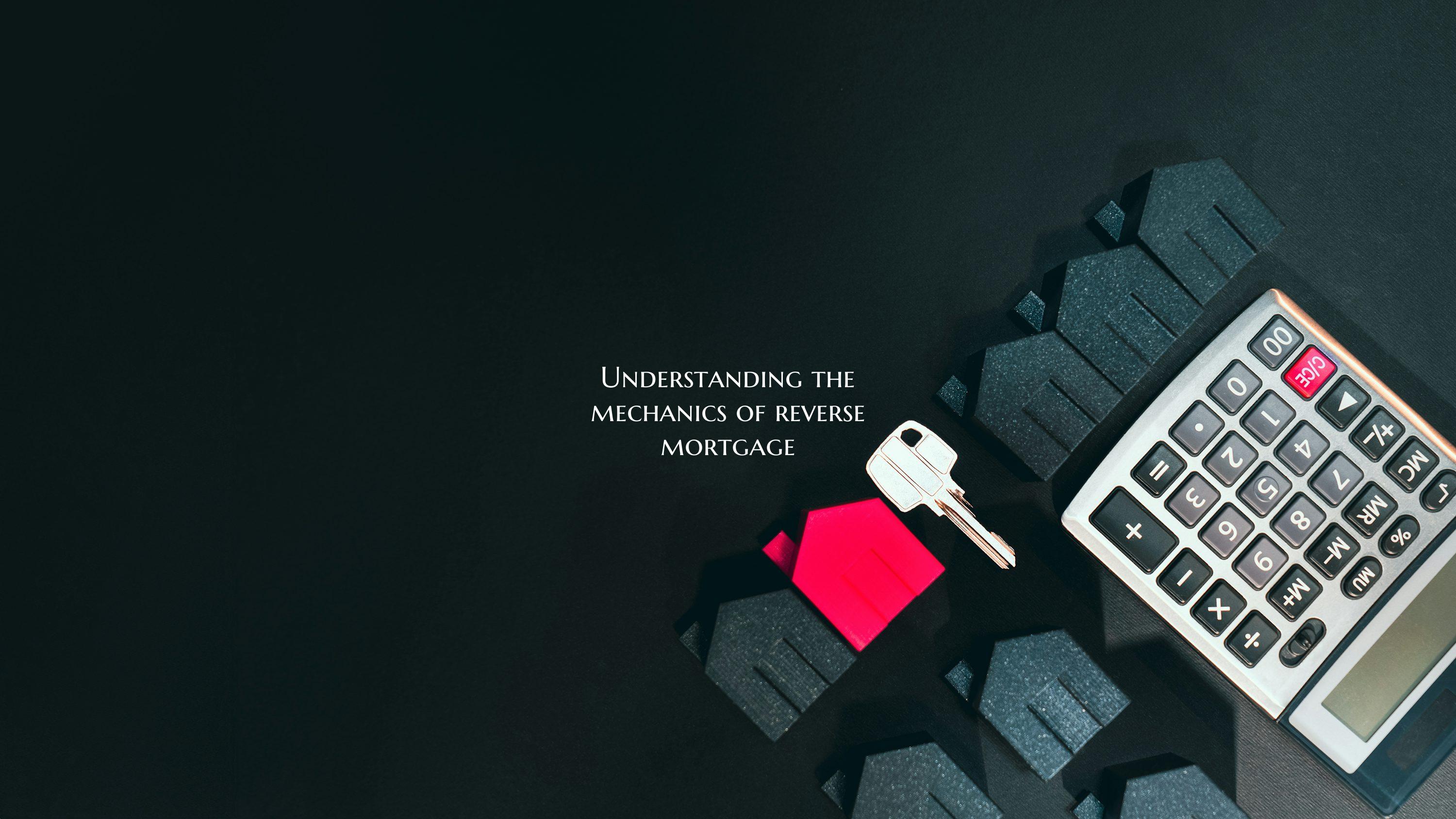Understanding the mechanics of reverse mortgage

A reverse mortgage is a financial product that enables homeowners who are typically aged 62 and older to convert a portion of their home equity into cash. Unlike a traditional mortgage where the borrower makes monthly payments to the lender, in a reverse mortgage, the lender makes payments to the borrower.
Here’s a breakdown of the key mechanics involved in a reverse mortgage:
1. Eligibility Criteria: To qualify for a reverse mortgage, homeowners must be at least 62 years old and have a significant amount of equity in their homes. The home must also be the primary residence of the borrower.
2. Loan Amount Calculation: The loan amount that a homeowner can receive through a reverse mortgage is determined by various factors, including the age of the youngest borrower, the appraised value of the home, current interest rates, and the lending limit set by the Federal Housing Administration (FHA) if the loan is a Home Equity Conversion Mortgage (HECM).
3. Repayment: One of the unique aspects of a reverse mortgage is that the loan does not need to be repaid until the borrower permanently moves out of the home, sells the property, or passes away. At that point, the loan balance, including accrued interest and fees, must be repaid. The repayment is usually made through the sale of the home, with any remaining equity going to the borrower or their heirs.
4. Interest Accrual: Interest on a reverse mortgage accrues over time and is added to the outstanding loan balance. This means that the total amount owed can grow significantly over the life of the loan.
5. Types of Reverse Mortgages: There are different types of reverse mortgages available, with the most common being HECMs, which are insured by the FHA. Proprietary reverse mortgages are another option for homeowners with higher home values.
6. Counseling Requirements: Before applying for a reverse mortgage, homeowners are required to undergo counseling with a HUD-approved counselor. This is to ensure that borrowers fully understand the terms and implications of a reverse mortgage.
Understanding the mechanics of a reverse mortgage is crucial for anyone considering this financial option. It can provide a source of income for retirees and allow them to tap into their home equity without having to make monthly payments. However, it is essential to carefully weigh the pros and cons and consider alternative options before committing to a reverse mortgage arrangement.
